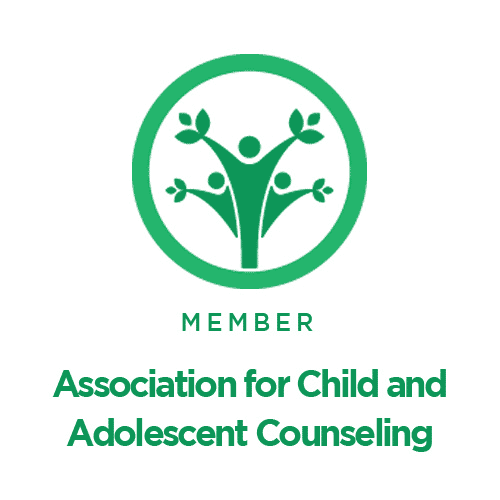Anger, frustration, happiness, sadness, excitement, and joy are just a few of the many emotions we all experience. Children often struggle to control their emotions but typically with time they develop skills to self-regulate. If your child has ADHD, they may experience more frequent mood swings and have difficulty with emotional regulation. Here’s a little science behind this. The prefrontal cortex, the part of the brain that is responsible for executive functioning (attention, behavior, emotion, judgement), can regulate the limbic system which is the part of the brain responsible for controlling emotions.
Research suggests that individuals with ADHD have difficulty regulating their emotions due to an underactive prefrontal cortex, especially in the right hemisphere. Dysfunction of the prefrontal cortex results in a lack of alertness, shortened attention span, decreased efficiency of short term and working memory, difficulty initiating and sustaining activities, and being unable to avoid unnecessary or distracting activities. The dysfunction may be caused by imbalances in various neurotransmitters which make it difficult to regulate the emotional response of the limbic system—hence mood swings. Heightened energy, excitability, and humor are also impacted by the dysregulation, the emotions can be intensely negative or positive. Once you are aware of the science behind the ADHD mind, it’s easier to come from a place of compassion and understanding when responding to behaviors and in this case, mood swings.
Children with ADHD may express their emotions differently, not everyone is the same. Typically, you might notice dysregulation in the following situations:
- Getting frustrated or worried about minor things and it can be difficult to let go.
- Difficulty cooling down after something upsetting happens.
- Viewing gentle or constructive criticism as an insult or attack.
- Feeling like you need to have something you want right now.
Dysregulation may lead to impairment at home, school, work, and/or social settings. This is the point where many parents seek out counseling for their child with ADHD to improve daily functioning.
“ADHD can be a deeply frustrating disorder to live with. It’s important to recognize that these frustrations stem from having a brain that works differently yet being expected to meet the demands of a neurotypical society. With the right accommodations and support, people with ADHD can manage their traits with mood issues.” Aimee Daramus, PSYD. Here are some suggested ways to improve emotional regulation- which can be learned over time:
- Cognitive behavioral therapy and dialectical behavioral therapy work on changing unhelpful thinking patterns and learning new ways to cope and regulate emotions.
- Social skills training helps with communication and conflict resolution which plays a big role in emotional regulation.
- Model emotional regulation. Children learn a lot from modeling and observation. This one may be hard for some parents but also a great time to work on improving yourself!
- Talk about feelings and communicate with each other often.
- Point out the positive behaviors that you notice in your child often. Provide intentional thought-out praise to build self-esteem. Kids with ADHD often receive a lot of negative messages and need a boost in self-esteem.
- Exercise. Regular exercise is great for improving mood and reducing anxiety and depression.
- Get enough sleep. Individuals with ADHD often struggle with sleep which is crucial in regulating emotions and executive functioning.
- Consider medication. Medication is a personal choice but if interested this is something to discuss with your doctor.








